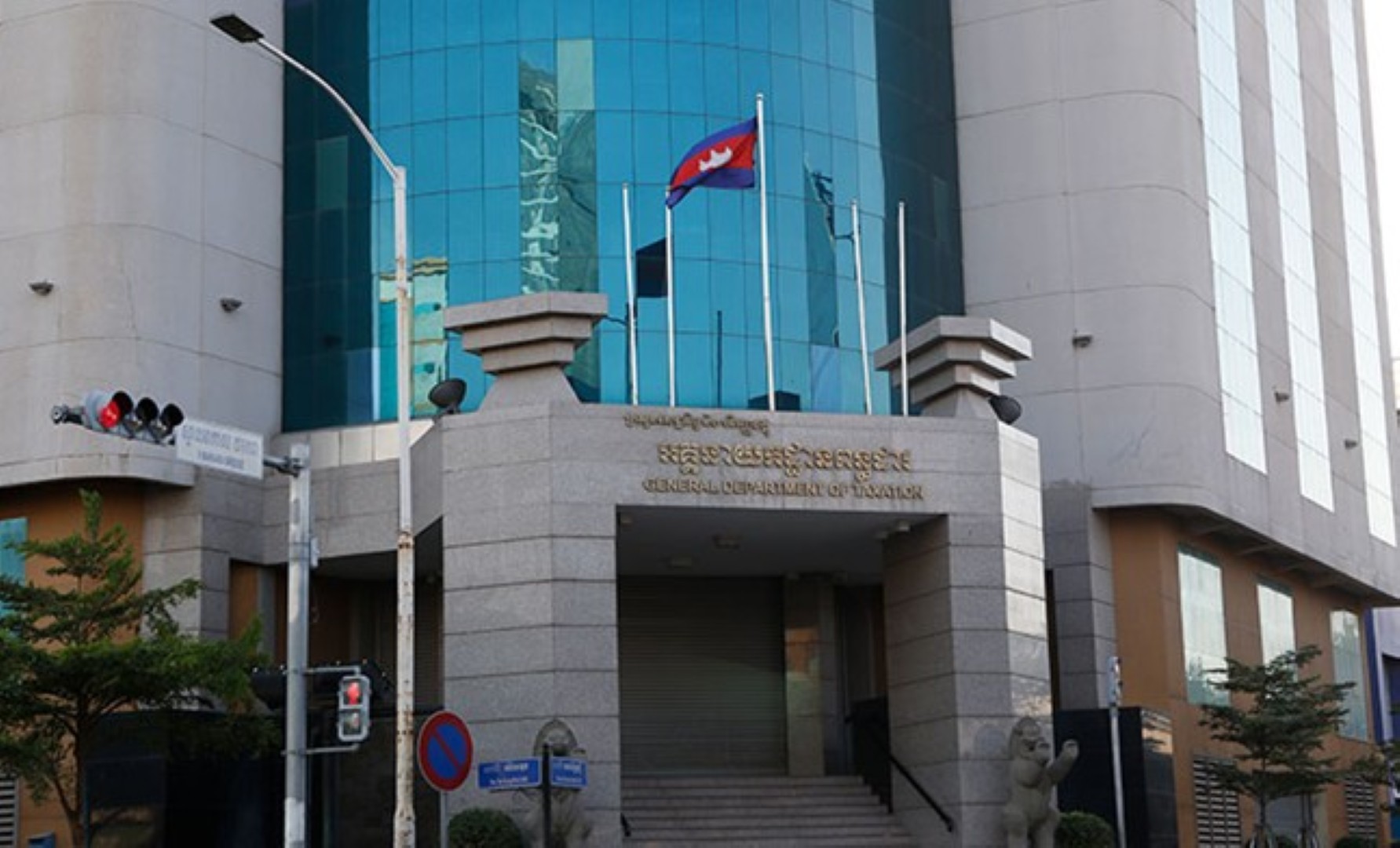Khmer Times News: The General Department of Taxation (GDT) of the Ministry of Economy and Finance (MEF) has announced the postponement of the implementation of the 20 percent capital gains tax, following the consensus of Prime Minister Hun Manet.
According to the GDT press release, the Royal Government of Cambodia has decided to delay the enforcement of the capital gains tax until January 1, 2026.
The postponement, approved by Prime Minister Hun Manet on October 14, is aimed at providing taxpayers, investors and businesses with additional time to strengthen their accounting systems, improve record-keeping and ensure compliance once the new tax takes effect.
Under Parkas No 496, a 20 percent capital gains tax will apply to six categories of assets, such as leases, investment properties, business reputation, intellectual property, foreign currency, and real estate.
The tax will be implemented simultaneously across all asset types from 2026 onward, the statement confirmed.
The MEF previously stated that the introduction of capital gains taxation aimed to broaden the country’s tax base and ensure fairness between salaried income earners and investors who benefit from asset appreciation.
Once enforced, the measure is expected to contribute to sustainable revenue growth, promote transparency in asset transactions, and support Cambodia’s long-term fiscal reform agenda.
GDT urged all taxpayers and the public to remain informed about the new timeline and prepare for implementation.
Speaking to Khmer Times, Mean Sovannarith, Co-Founder and CEO of DeGrand Realty, said the GDT had first announced plans to implement the capital gains tax in 2024, sparking wide-ranging discussions across the business community.
He noted that the recent delay reflects the government’s careful consideration of current market conditions and its commitment to maintaining investor confidence during the ongoing economic recovery.
Narith added that the move is also part of the broader efforts by the MEF to modernize Cambodia’s tax system and align the country’s fiscal policies with international standards, while minimising potential disruptions to private sector activities.
He explained that once implemented, citizens and investors should not be overly concerned, as the capital gains tax applies only to six categories of assets that generate income. “The tax rate is 20 percent on the profit or gain, not on the total value of the asset,” he said.
Addressing public concerns regarding the real estate sector, the DeGrand Realty Co-Founder said this area naturally draws the most attention as it directly affects people’s interests.
“There is nothing to worry about because the seller is only required to pay 20 percent after deducting all related expenses, including documentation, procedures, and operation costs,” he said.
Narith added that while there had been requests from private sector representatives to ease the policy or extend the postponement specifically for the real estate market, GDT officials maintained that doing so could undermine transparency and fairness in tax collection across other related sectors.


